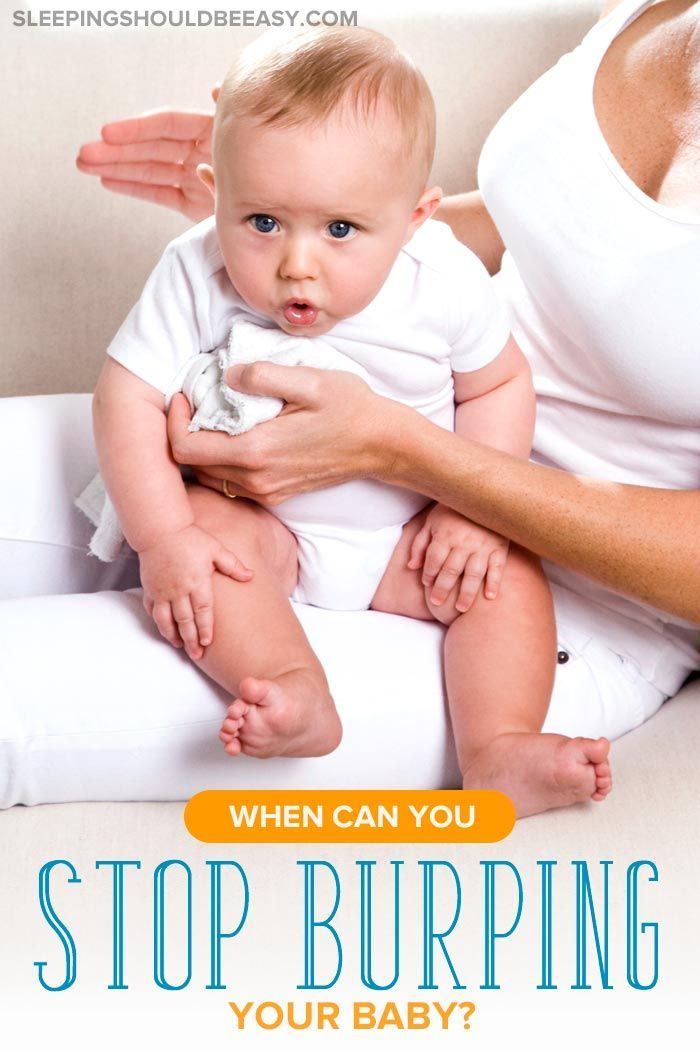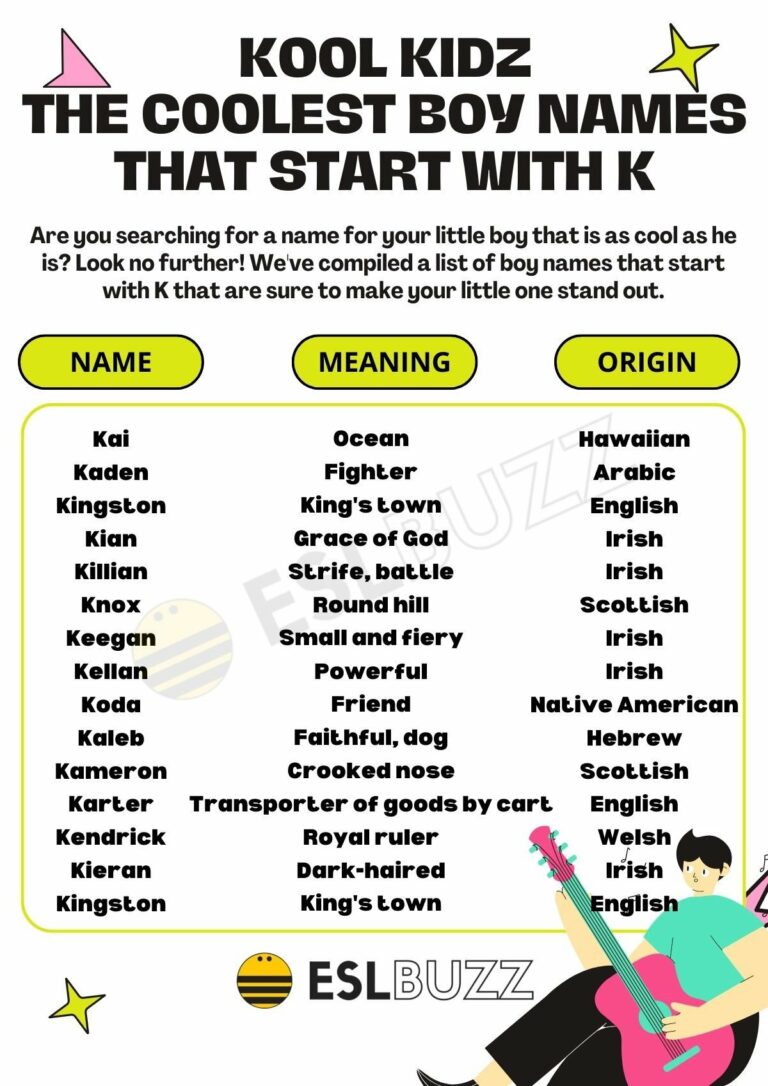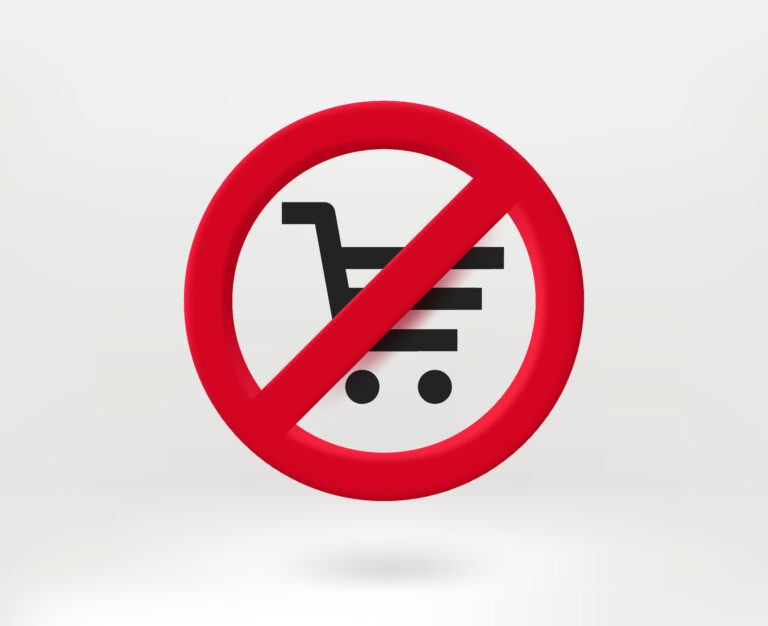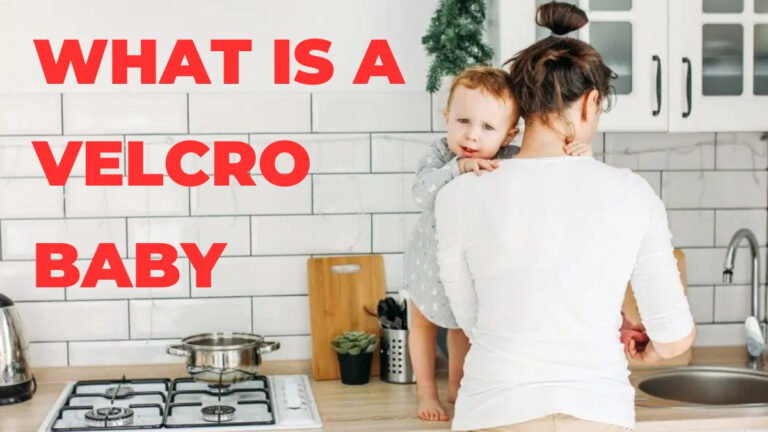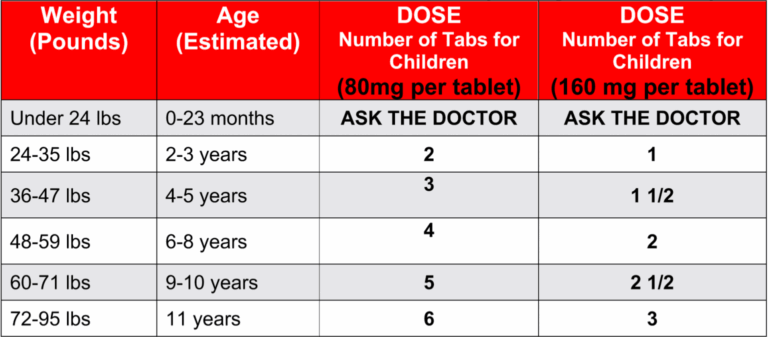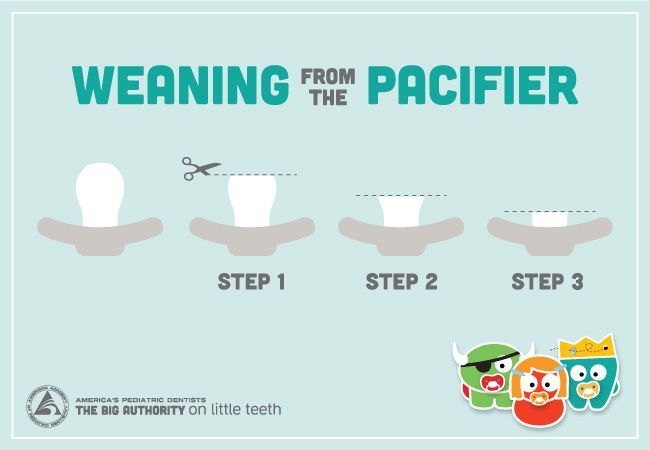What Age Can You Stop Burping A Baby
As a parent, one of the common questions that may come to mind is, “What age can you stop burping a baby?” Burping a baby is a crucial part of feeding to prevent discomfort and gas buildup. Knowing when to stop this practice can help ease your routine and ensure your baby’s comfort. In this article, we will delve into the details of when it is appropriate to stop burping a baby and provide valuable insights for parents.
Knowledge
When it comes to burping a baby, it is essential to understand the reasons behind this practice. Babies tend to swallow air during feeding, which can lead to gas in their stomach. Burping helps release this trapped air, preventing discomfort and reducing the chances of spitting up. For newborns and infants, burping is typically done after feeding, whether they are breastfed or bottle-fed.
As babies grow and develop, their digestive systems mature, and they become more efficient at handling air swallowed during feeding. This progress means that as your baby gets older, they may require less frequent burping. Around the age of 4 to 6 months, many babies start to show signs of being able to burp on their own without much assistance.
It is essential to pay attention to your baby’s cues and behavior during feeding sessions. If your baby seems content and shows no signs of discomfort or gas buildup, you may gradually reduce the frequency of burping. Some babies may naturally outgrow the need for burping earlier than others, while some may benefit from continued assistance until they are older.
Another factor to consider is the type of feeding your baby receives. Breastfed babies tend to swallow less air during feeding compared to bottle-fed babies. This difference can influence the frequency and necessity of burping. Additionally, the feeding position can also impact how much air your baby swallows, affecting the need for burping.
Overall, the age at which you can stop burping your baby varies from child to child. Paying attention to your baby’s cues, feeding habits, and comfort levels can guide you in determining when it is appropriate to reduce or stop burping altogether.
Conclusion
In conclusion, the age at which you can stop burping a baby depends on various factors such as their individual development, feeding method, and comfort levels. While many babies may start to burp less frequently around 4 to 6 months, some may require assistance for a longer period. Understanding your baby’s needs and cues is essential in determining when to adjust your burping routine.
Parents and caregivers should be attentive to their baby’s behavior and adapt their feeding practices accordingly. By being responsive to your baby’s cues and needs, you can ensure their comfort and well-being during feeding sessions. Remember that every baby is unique, and what works for one may not necessarily apply to another.
In the end, the goal is to provide a nurturing and supportive environment for your baby as they grow and develop. Knowing when to stop burping a baby is just one aspect of parenting that requires attention and care. By staying informed and observant, you can navigate this phase with confidence and ease.
